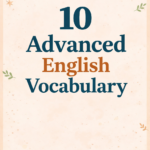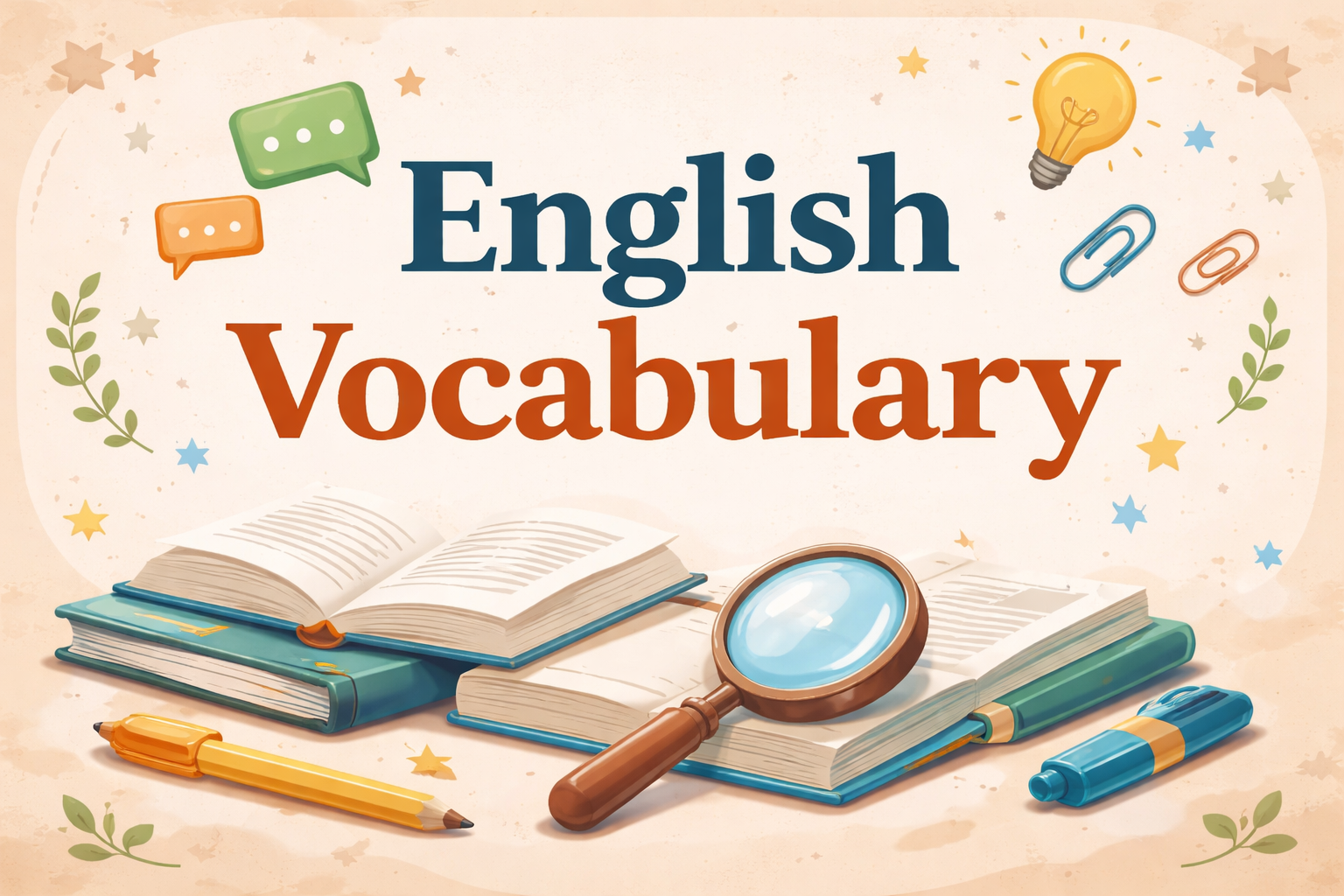A proper noun is a specific type of noun that names a particular person, place, thing, or idea. It always begins with a capital letter, regardless of its position in a sentence, to distinguish it from common nouns, which refer to general items or categories. Proper nouns are unique identifiers, pointing to a specific entity rather than a general class.
Full Explanation of Proper Nouns
- Definition: A proper noun is a word that identifies a unique entity, such as an individual person, a specific location, an organization, a brand, or a specific event. Unlike common nouns (e.g., “city,” “dog,” “book”), which describe a general type of thing, proper nouns pinpoint an exact entity (e.g., “Paris,” “Rover,” “Harry Potter”).
- Characteristics:
- Capitalization: Proper nouns always start with a capital letter to emphasize their specificity (e.g., “Apple” vs. “apple”).
- Uniqueness: They refer to one-of-a-kind entities, not a general category.
- No Plural (Usually): Proper nouns typically don’t have a plural form unless referring to multiple entities with the same name (e.g., “the Smiths” for a family).
- No Articles (Often): Proper nouns usually don’t require articles like “a” or “an,” though “the” may be used in some cases (e.g., “the United States”).
- Categories of Proper Nouns:
- People: Names of individuals, including first names, last names, or titles when specific (e.g., “Elon Musk,” “Queen Elizabeth II”).
- Places: Specific geographical locations, such as countries, cities, rivers, or landmarks (e.g., “Japan,” “Mount Everest,” “Nile River”).
- Organizations/Institutions: Names of companies, schools, or groups (e.g., “Google,” “Harvard University,” “United Nations”).
- Events: Specific historical or cultural events (e.g., “World War II,” “Super Bowl”).
- Brands/Products: Specific brand names or trademarks (e.g., “Coca-Cola,” “iPhone”).
- Days, Months, Holidays: Names of days of the week, months, or specific holidays (e.g., “Monday,” “July,” “Christmas”).
- Titles: Specific titles of books, movies, or other works (e.g., “The Great Gatsby,” “Star Wars”).
- Proper Nouns vs. Common Nouns:
- A common noun refers to a general class (e.g., “river,” “car”).
- A proper noun names a specific instance (e.g., “Amazon River,” “Tesla”).
- Example: “I live in a city” (common noun) vs. “I live in New York” (proper noun).
- Usage in Sentences:
- Proper nouns can function as subjects, objects, or parts of phrases, just like common nouns, but their capitalization makes them stand out.
- They are often used without articles unless the context requires it (e.g., “I visited Paris” vs. “I sailed on the Titanic”).
- Special Cases:
- Compound Proper Nouns: Some proper nouns consist of multiple words (e.g., “New York City,” “Martin Luther King Jr.”).
- Titles with Proper Nouns: In titles, major words are capitalized, but minor words (like “the” or “of”) may not be unless they start the title (e.g., “The Lord of the Rings”).
- Proper Nouns Becoming Common Nouns: Some proper nouns, like “Kleenex” or “Xerox,” may become generic terms over time, though they start as proper nouns tied to specific brands.
Examples of Proper Nouns
Here’s a breakdown with examples across different categories:
- People:
- Albert Einstein
- Beyoncé
- Mahatma Gandhi
- Dr. Smith (when referring to a specific doctor)
- Places:
- Australia
- Eiffel Tower
- Pacific Ocean
- Florida
- Organizations/Institutions:
- Microsoft
- Red Cross
- Yale University
- NASA
- Events:
- Olympic Games
- Renaissance
- Independence Day
- Battle of Waterloo
- Brands/Products:
- Nike
- PlayStation
- Starbucks
- Toyota Corolla
- Days, Months, Holidays:
- Tuesday
- December
- Thanksgiving
- Ramadan
- Titles:
- “Pride and Prejudice”
- “The Matrix”
- “Mona Lisa”
- “Sgt. Pepper’s Lonely Hearts Club Band”
Examples in Sentences
- Person: “Emma Watson starred in Harry Potter.”
- Place: “We’re planning a trip to Rome next summer.”
- Organization: “Apple released a new iPhone model.”
- Event: “The Moon Landing in 1969 was a historic moment.”
- Brand: “I bought a pair of Adidas sneakers.”
- Holiday: “Christmas is celebrated on December 25.”
- Title: “I’m reading To Kill a Mockingbird for class.”
Common Mistakes to Avoid
- Incorrect Capitalization: Always capitalize proper nouns (e.g., write “London,” not “London”).
- Confusing with Common Nouns: Don’t use a proper noun when a general term is needed (e.g., “I drank Coca-Cola” vs. “I drank a soda”).
- Overgeneralizing: Not all capitalized words are proper nouns (e.g., in titles, words like “The” may be capitalized but aren’t always proper nouns).
Why Proper Nouns Matter
Proper nouns add precision to language, helping us identify specific entities in communication. They’re essential in writing, legal documents, and everyday speech to avoid ambiguity and ensure clarity.










